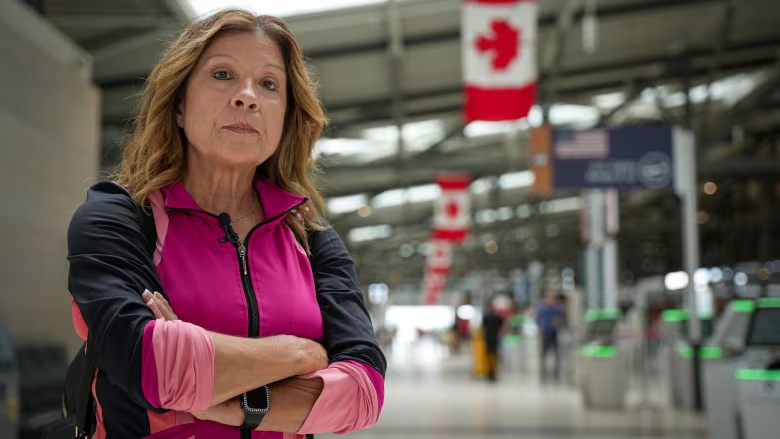Canadians Facing Travel Restrictions After U.S. Border Incident Over House-Sitting
Several Canadians have reported being flagged and turned away at the U.S. border due to their plans to house-sit, which U.S. border agents classified as work. This issue has led to concerns about future travel for those involved.
Incident Details
Canadians, including Beverly Dunn, were denied entry to the U.S. when border agents at the Ottawa International Airport determined that house-sitting in exchange for lodging constituted employment. Dunn, who used a service called Trusted Housesitters, was fingerprinted and refused entry under U.S. immigration law. The incident has left her and others worried about future travel to the U.S.
Company Involved
Trusted Housesitters, a U.K.-based company, facilitates house-sitting arrangements around the world. The company asserts that house-sitting is not work and cites a low percentage of border issues among its users. However, affected individuals feel misled by the company’s assurances and believe the risks of being denied entry were downplayed.
Traveler Experiences
Other travelers, such as Elyse Sevigny and Denise McConachie, also faced similar issues at U.S. borders, with some being refused entry and subjected to secondary screenings. These incidents have left them anxious about future travel to the U.S. and feeling that Trusted Housesitters’ guidance was insufficient.
Legal and Immigration Perspectives
Legal experts advise that activities considered as work, even if not paid, can lead to denial of entry if proper documentation is not provided. This has resulted in long-term implications for travelers’ records with U.S. immigration authorities. Trusted Housesitters has refunded some members’ costs but maintains that border issues are rare.
Conclusion
The classification of house-sitting as work by U.S. border authorities has led to significant travel restrictions for Canadians using services like Trusted Housesitters. While the company argues that these incidents are rare, affected travelers call for more transparency and clearer guidance to avoid future complications.

